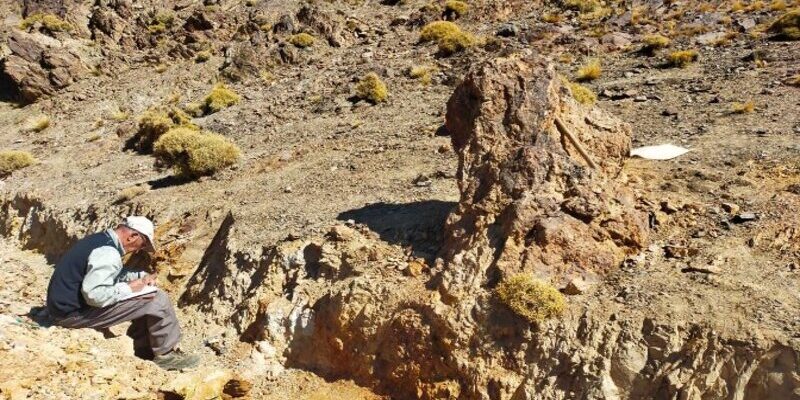
From Zimbabwe’s lithium-rich rocks to Democratic Republic of Congo’s cobalt, minerals critical for clean energy technologies are increasingly in demand from Africa’s trade partners as part of the global green transition from planet-warming fossil fuels.
Yet on a continent long blighted by the so-called “resource curse” – whereby nations rich in oil or gold, for example, have failed to convert this into wider prosperity – governments have increasingly restricted or banned mineral exports in recent years in a bid to boost processing and retain more of the gains.
This strategy could backfire, however, by deterring foreign investment, several analysts said.
The European Union (EU), meanwhile, has voiced concern about growing export restrictions in Africa on critical minerals used in renewable and low-carbon technologies – from batteries for electric vehicles (EVs) to wind turbines.
More than a dozen African nations – including Democratic Republic of Congo (DRC), Nigeria and Namibia – have restricted such exports intermittently or banned them outright, according to research published in May by the Africa Development Forum.
Former Nigerian mines and steel development minister Olamilekan Adegbite, who spearheaded a raw-ore export ban in the country in 2022, said African nations were calling for an end to the “plundering (of) the continent for raw materials”.
Despite being a major crude oil producer, Nigeria is heavily dependent on imports from overseas refineries.
Adegbite said the ore ban, which incentivizes local processing or refining before exporting, aimed to avoid the same issue in the mining sector.
“Bring the industries to Africa so that our people can be employed,” said Adegbite.
As demand grows for such minerals for the energy transition, so are calls for export controls or bans in Africa – with the aim of moving beyond just mining and bringing more of the supply chain – and ensuing value and profits – within the continent.
Between 2017 and 2022, the energy sector was the main driver behind a tripling of demand for lithium, while demand for cobalt grew by 70% and nickel rose by 40%, according to a report released in July by the International Energy Agency (IEA).
But analysts at the Natural Resource Governance Institute (NRGI), a non-profit policy institute, warned that blanket bans on critical mineral exports alone would not suffice to support the continent’s much-needed economic growth.
Without mineral processing infrastructure such as a battery value chain and strong frameworks to ensure tax revenues are used effectively, African nations could put off trade partners and limit investment into the mining sector, the analysts said.
“It’s an understandable strategy, but it’s a risky one,” said Thomas Scurfield, a senior Africa economic analyst at NRGI.
“I think it has to be backed up by analysis of the specific mineral … and then a strategy of how to actually make it work (for local benefit),” he told the Thomson Reuters Foundation.





